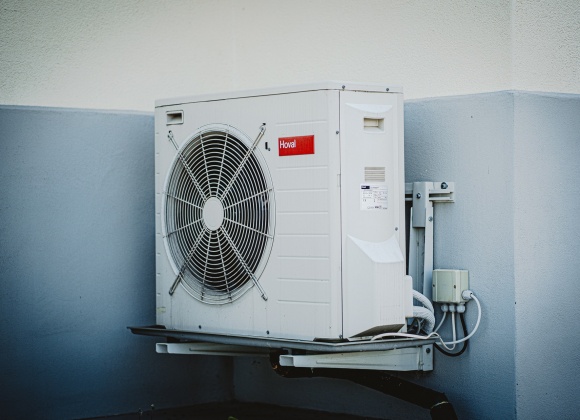How is Energy Efficiency Affecting Mortgages?
The government has announced that the energy price cap will be increasing by £693 on 1st April 2022. These changes are expected to affect approximately 22 million customers around the UK. Global gas prices have increased to record highs in the past 6 months and wholesale prices have increased four times in the last year alone.
In this article, we will discuss how energy efficiency will affect mortgages and what the government is doing to reduce housing emissions and strive towards net-zero by 2050.
The link between energy efficiency and mortgages
Rising energy prices will have a direct impact on mortgages and affect both lenders and borrowers.
A recent survey revealed that six million UK homes may be unable to pay their energy bills after the price increase in April and fuel poverty could reach its highest levels on record. Many mortgage providers are concerned about the possibility of lending to borrowers who might be unable to make loan repayments if the cost of living continues to rise.
Some lenders are using energy ratings to assess how much homeowners can afford to borrow. For instance, Halifax is launching a ‘green test’ that will give people with energy-efficient homes bigger mortgages. These mortgages will be provided on the basis that buyers with green homes will spend less money on energy and will thus have higher disposable incomes.
Minimum EPC targets for lenders
Properties in the UK produce large amounts of carbon dioxide – roughly 58.5 million tonnes CO2 a year! The government has set ambitious targets to achieve net-zero by 2050 and immediate action is needed to decarbonise the existing housing market and make UK homes more energy-efficient.
The government is currently discussing introducing a policy that would ask banks and lenders to increase the average EPC rating of their property portfolios to a C by 2030. These targets would encourage lenders and borrowers to favour energy-efficient properties.
Green mortgage schemes
The government has not yet introduced minimum EPC targets for lenders, although many mortgage providers have already started offering green mortgage products to improve their lending portfolios.
Natwest, for example, is offering customers who buy a house with an EPC rating of an A or a B with a lower fixed interest rate for 2 or 5 years. Nationwide is awarding borrowers up to £500 in cashback if they choose a green property.
These incentives and perks encourage buyers to favour energy-efficient properties such as new builds. They may also encourage homeowners to complete energy-saving upgrades on their existing properties in order to access green rewards and attractive mortgage terms.
Government’s boiler upgrade scheme
Decarbonising the existing housing market is going to be a massive challenge, especially when many older properties currently have an energy rating of a D or an E.
The government is launching a boiler upgrade scheme in a bid to reduce housing emissions and make homes more energy-efficient and affordable. From 1 April 2022, homeowners will be able to apply for a voucher of up to £5,000 to replace a traditional gas boiler with a heat pump or biomass boiler. The vouchers will be awarded on a first-come, first-served basis and the scheme is due to run until April 2025.
A recent survey shows that nine in 10 UK households rely on gas boilers. Traditional boilers use a lot of gas and UK households consume around twice the EU average. Replacing gas boilers with energy-efficient alternatives will play a crucial role in reducing carbon emissions.
Tips to improve energy ratings
Replacing outdated heating systems is one of the best ways to reduce housing emissions, but there are plenty of other options to increase energy efficiency.
The first step should be to arrange an energy efficiency survey of your property. This will give you useful advice to improve your energy rating. Recommendations may include:
- Replace single-glazed windows with double or triple glazing.
- Upgrade to energy-efficient appliances with an energy rating of A or above.
- Install insulating materials in your roof and wall cavities.
- Replace traditional light bulbs with LEDs.
Conclusion
Decarbonising existing homes is a huge task and the government must continue to support incentives to reduce housing emissions. The boiler upgrade scheme will encourage homeowners to replace inefficient heating systems and help make UK homes greener and more affordable.
Mortgages are likely to play an increasingly important role in decarbonising the housing market as we get closer to the goal of achieving net-zero by 2050 or sooner. Fortunately, many mortgage providers have already made commitments to improve energy efficiency and support a more sustainable future.



